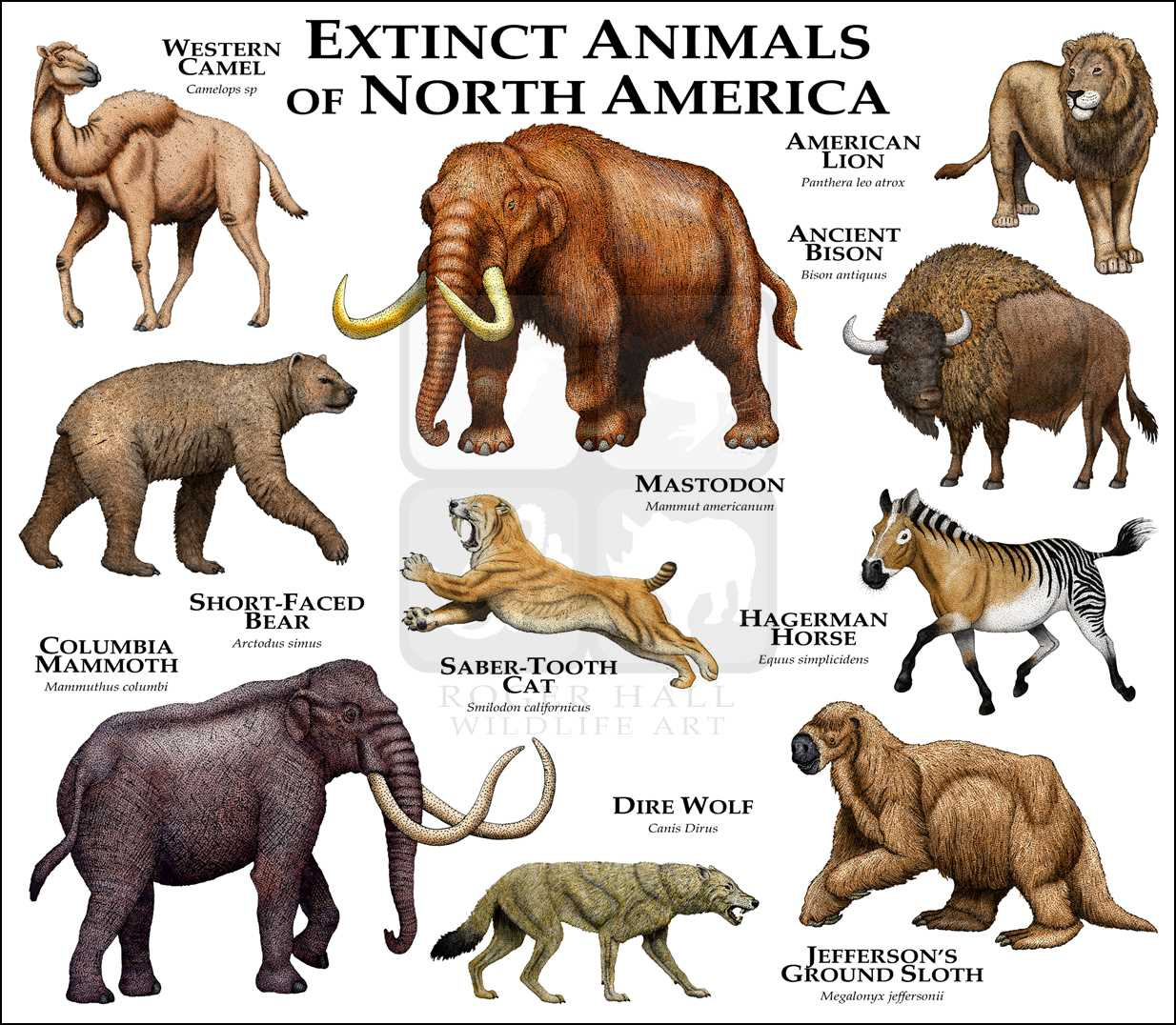Science Should Not Be Biased: “This conclusion is very surprising and I fought against it as hard as I could.”
In what branch of science would it be acceptable to deny the TRUTH; to fight against the evidence and conclusions based on evidence - just because the evidence contradicts cherished assumptions? No true scientist should ever do that. No branch of science should act like a religion in denial of facts to support beliefs.
I see it all the time in archeology, especially Egyptology. There is an official version of events (despite piles of evidence contradicting it) that the pyramids at Giza and the Sphinx were all built around 2500 B.C. Evidence shows these monuments are not 4,500 years old, but at least 12,000 years old... or older... But "the professionals" in this field "know" certain things including timing even when they admit there is a complete absence of evidence to support their timing.
In a recent article describing the official cover-up of evidence of pole shifts and of very ancient civilizations destroyed by the last pole shift around 13,000 years ago (recently published in Nexus Magazine) I included a section on Zahi Hawass, the former Minister of Egyptian Antiquities and professional liar who is on record saying he doesn't believe in the results of radar, genetic testing, or carbon-dating (when they go against the "professional" mainstream party line on Egyptian civilization...
The same type of bias against the age of civilizations or the rapid transit of the poles seems to be powered by both universities and the hand that feeds them grant money - the government - throughout many branches of science including archeology and geology... But the article I quoted today shows bias in the field of biology - and specifically regarding evolution.
Recent evidence shows there was an explosion of new species all at once over 100,000 years ago, including humans and many types of animals. This would be expected once you accept that cycles of catastrophic pole shifts devastate the surface of the Earth and kill most surface life about every 12,900 years. This branching out of surviving species happens to varying extents after every pole shift catastrophe.

In the aftermath, the survivors suddenly repopulate an almost emptied world and small populations spread into countless niche environments that favor certain mutations and adaptations over others. One species can quickly branch out into several distinct varieties, in what is now known as quantum evolution. This theory became mainstream in 1972, but there is still heavy bias against very slow and gradual evolution over millions of years of stability.
Hence the quote in the title from one of the biased scientists encountering support of a very sudden appearance of many new species just over 100,000 years ago - probably after a massive pole shift suspected of being more devastating than most around 104,000 years ago: “This conclusion is very surprising and I fought against it as hard as I could.” Scientists are supposed to embrace new evidence - progress in understanding - not fight against it. But it is both human nature (to cling to old beliefs, even when evidence contradicts them) and governments also work to make sure the public is largely unaware of the periodic cycle of catastrophic pole shifts (despite the evidence they have or the preparations they have made.)

